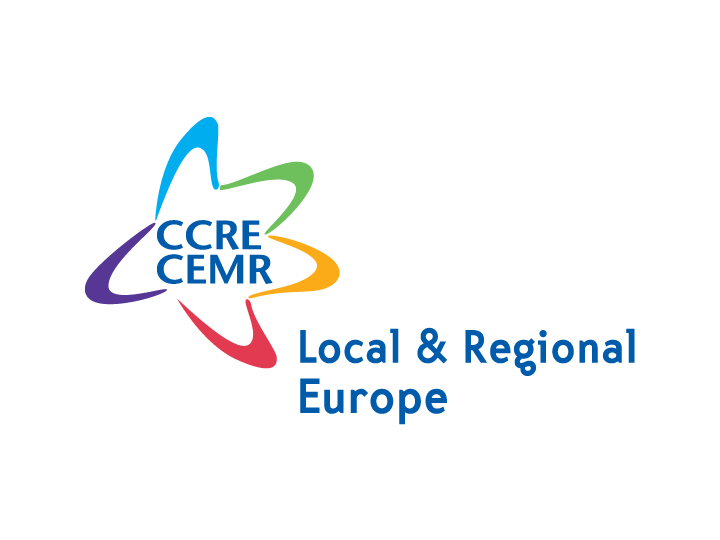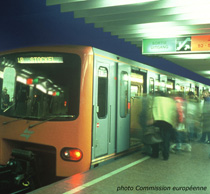Green paper on Urban transport: CEMR calls for full involvement of local and regional government, adequate funding and promotion of sustainability
The Council of European Municipalities and Regions (CEMR) has responded to the European Commission's consultation for the preparation of the Green Paper on urban transport.
In its contribution, CEMR stresses that urban transport is by nature a local issue; therefore a strong level of subsidiarity is required. It is of the utmost importance to preserve local and regional governments' freedom of choice in managing public transport; local and regional representatives are indeed in the best position to choose the economic model to deliver high quality public transport that meets the needs of their citizens.
However, transport policies have an impact on a whole range of actors, therefore CEMR calls for a wide debate including the EU institutions as well as local, regional and national authorities, and relevant representatives of the private sector.
Local and regional governments cannot implement effective transport policies without adequate funding; CEMR therefore calls for national governments to guarantee stable and long-term financing for public transport investments at all levels.
The role of the EU in urban transport
The Council of European Municipalities and Regions believes that there is a need for a clear regulatory EU framework on the financing and organisation of local and regional public transport that respects the principles of subsidiarity and local self-government.
The EU should also, amongst others, provide a new impetus to promote more sustainable forms of transport, promote voluntary road pricing schemes, and establish strong pan European standardization of urban transport equipment (vehicles, ticket machines…).
rn

Climate, Sustainable Finance Officer






